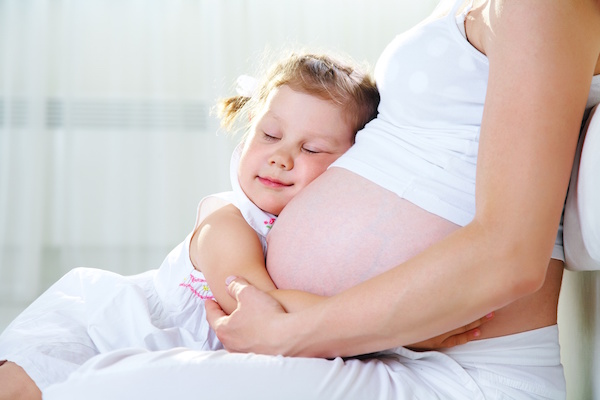Milk-sharing websites where mothers with extra breast milk can sell directly to women in need are growing in popularity but new research suggests going straight to the source may not be safe. Researchers bought 101 samples of breast milk through a popular U.S. milk-sharing website…. and compared them to 20 unpasteurized samples donated to a milk bank that operated under the guidelines of the Human Milk Banking Association of North America. 74-percent of the Internet breast milk samples contained detectable bacteria. 63 percent of the Internet samples tested positive for staphylococcous compared to 25 percent of the milk bank samples. And three of the samples bought online were contaminated with Salmonella.The researchers blame poor collection, storage or shipping practices for the excessive bacterial growth and strongly caution against buying from online milk-sharing sites. They say that bad bacteria could impact babies, especially premature infants or those with compromised immune systems. The study authors recommend lactation support for mothers who are having difficulty making enough breast milk and want to breast feed their babies. They also suggest that women who have extra milk should consider donating to a milk bank.I’m Doctor Haines of HealthDay TV, with news from today that can lead to healthy tomorrows.
Copyright © 2026 HealthDay. All rights reserved.

